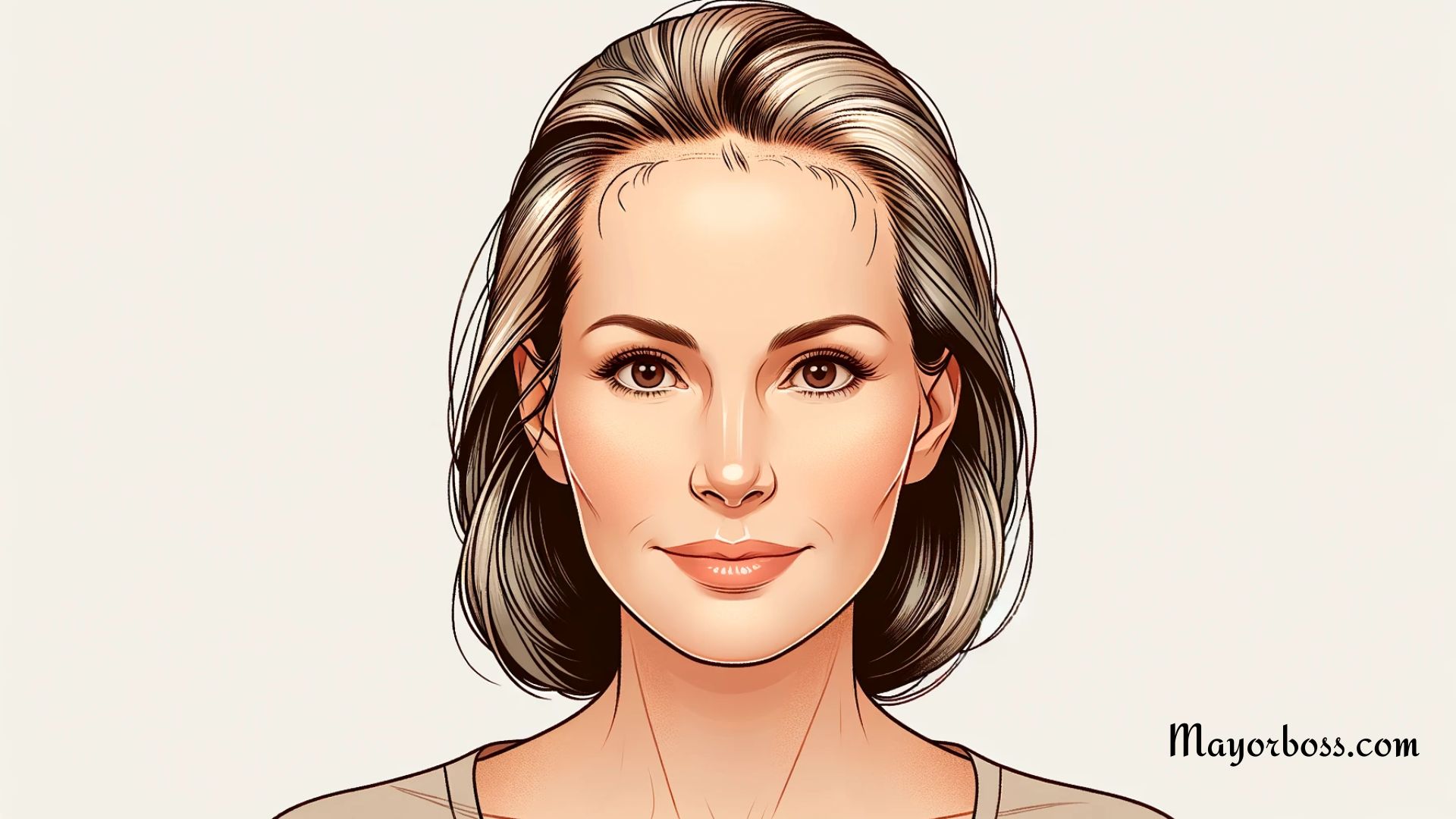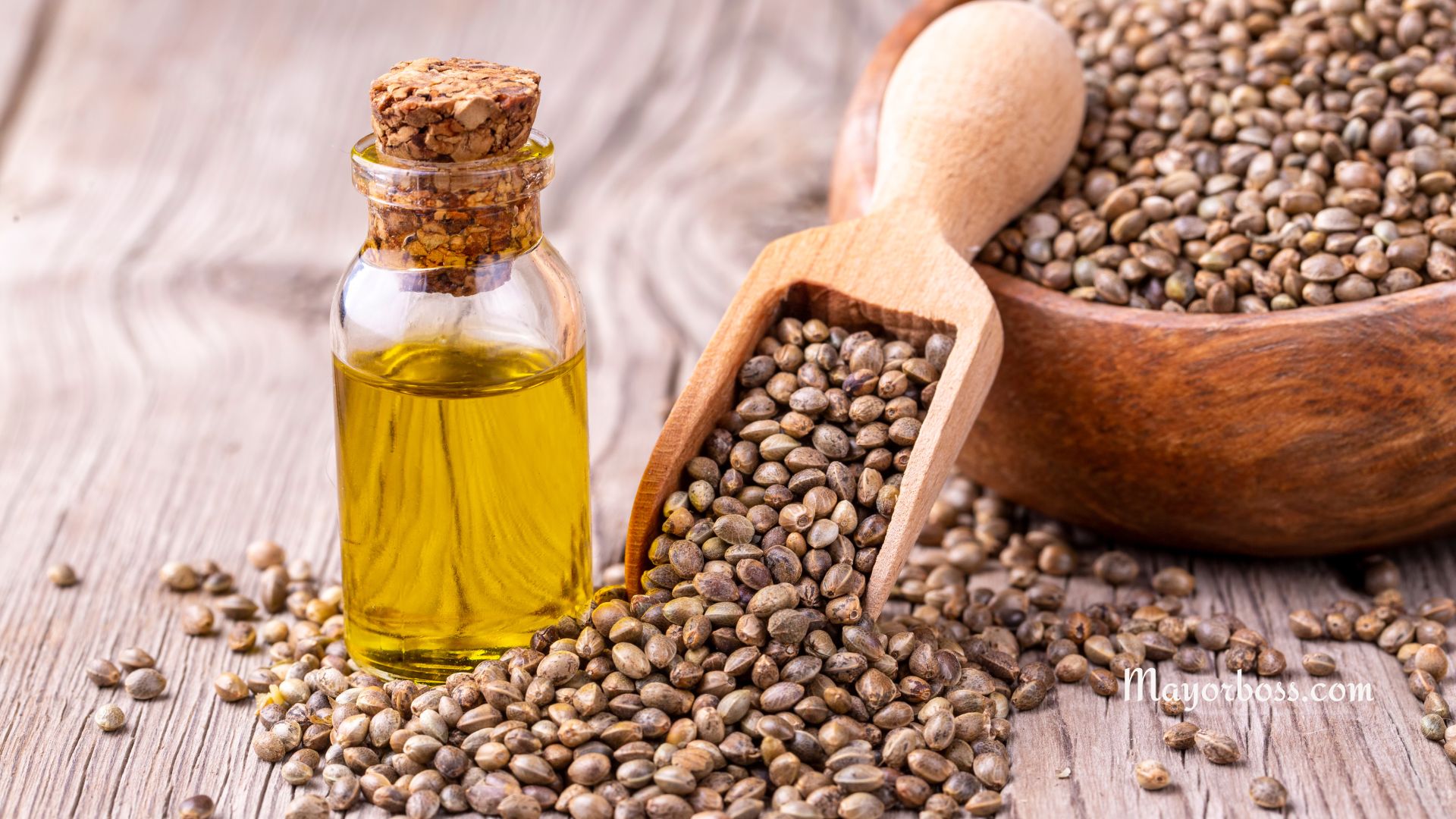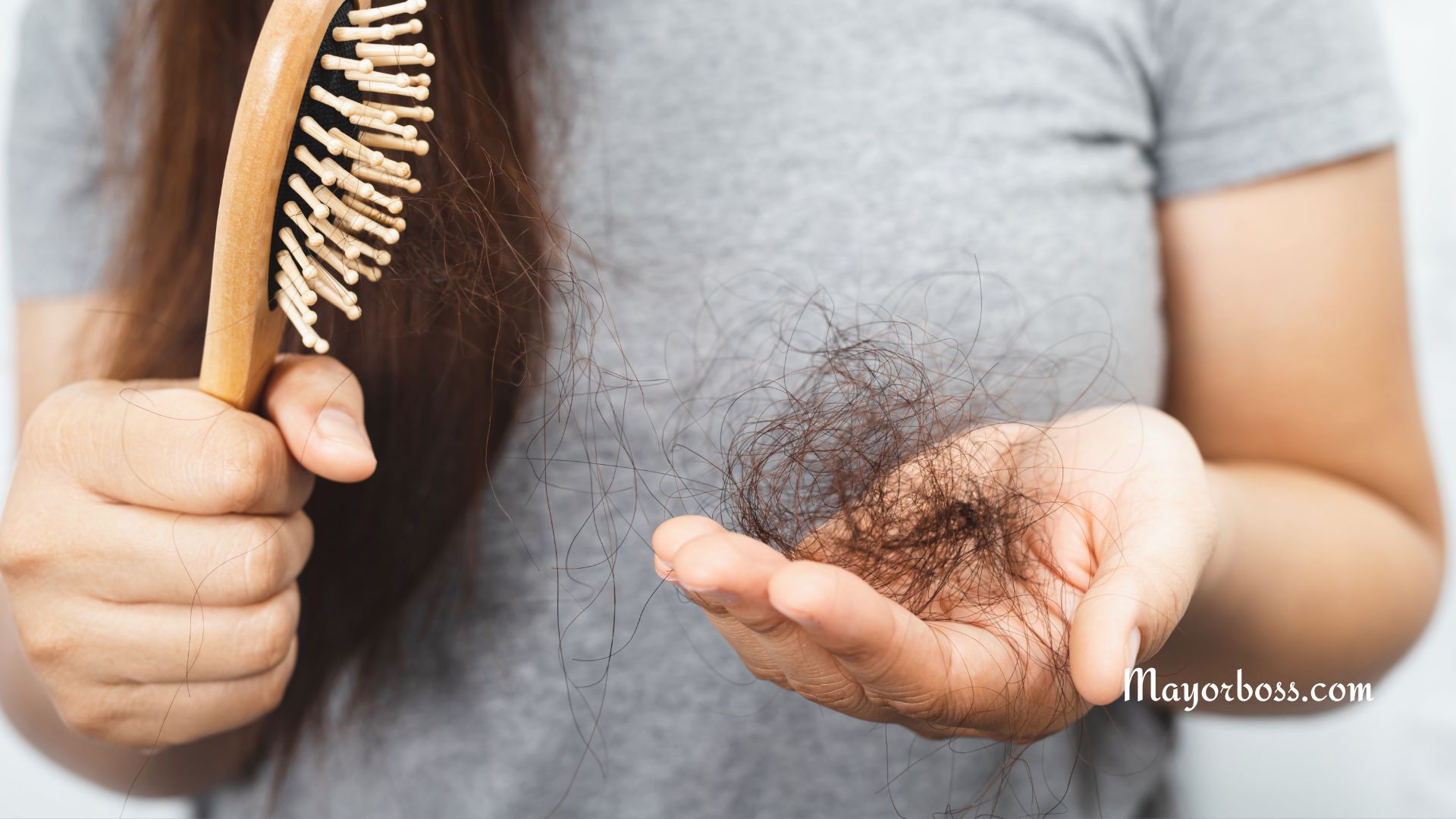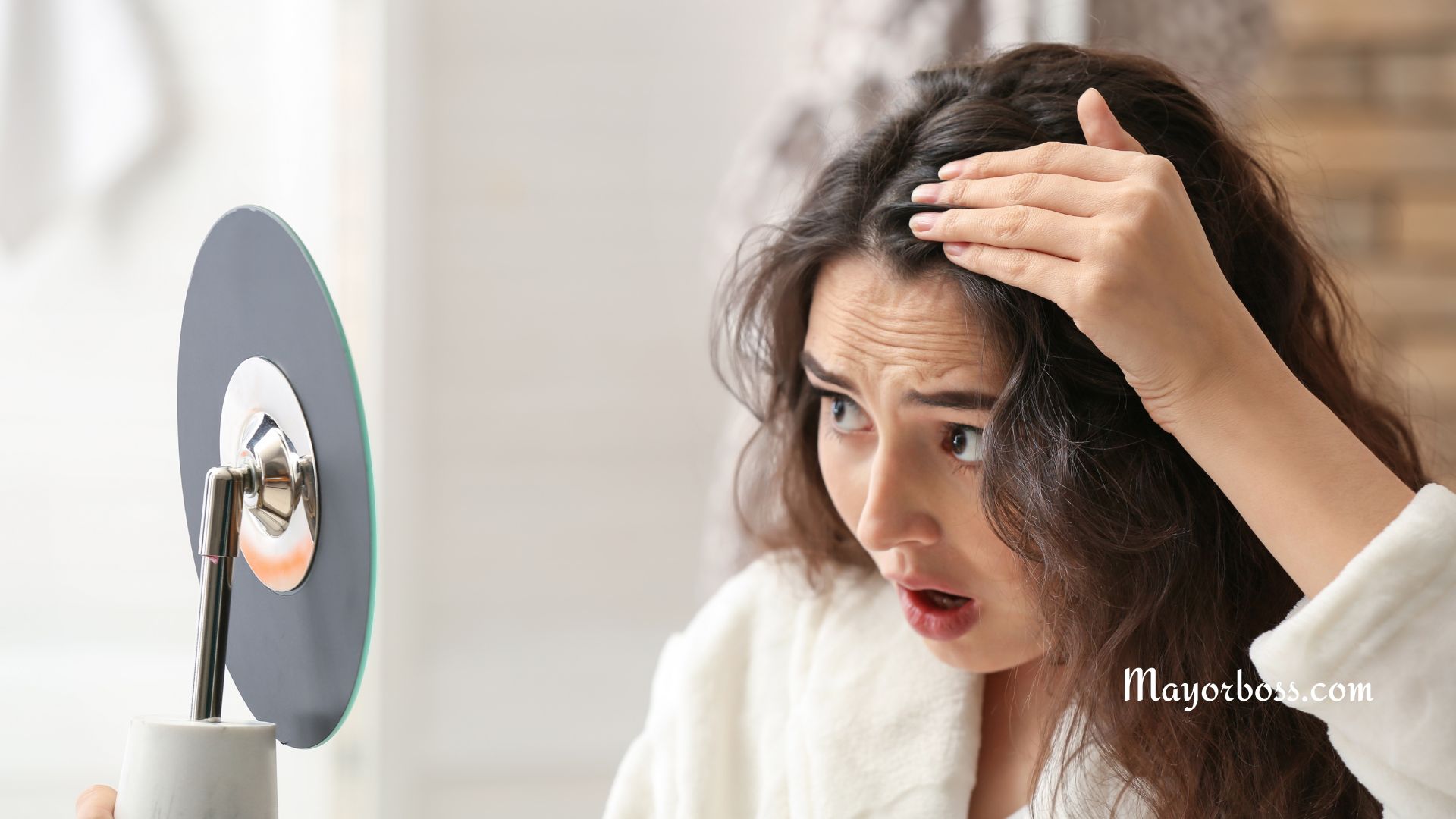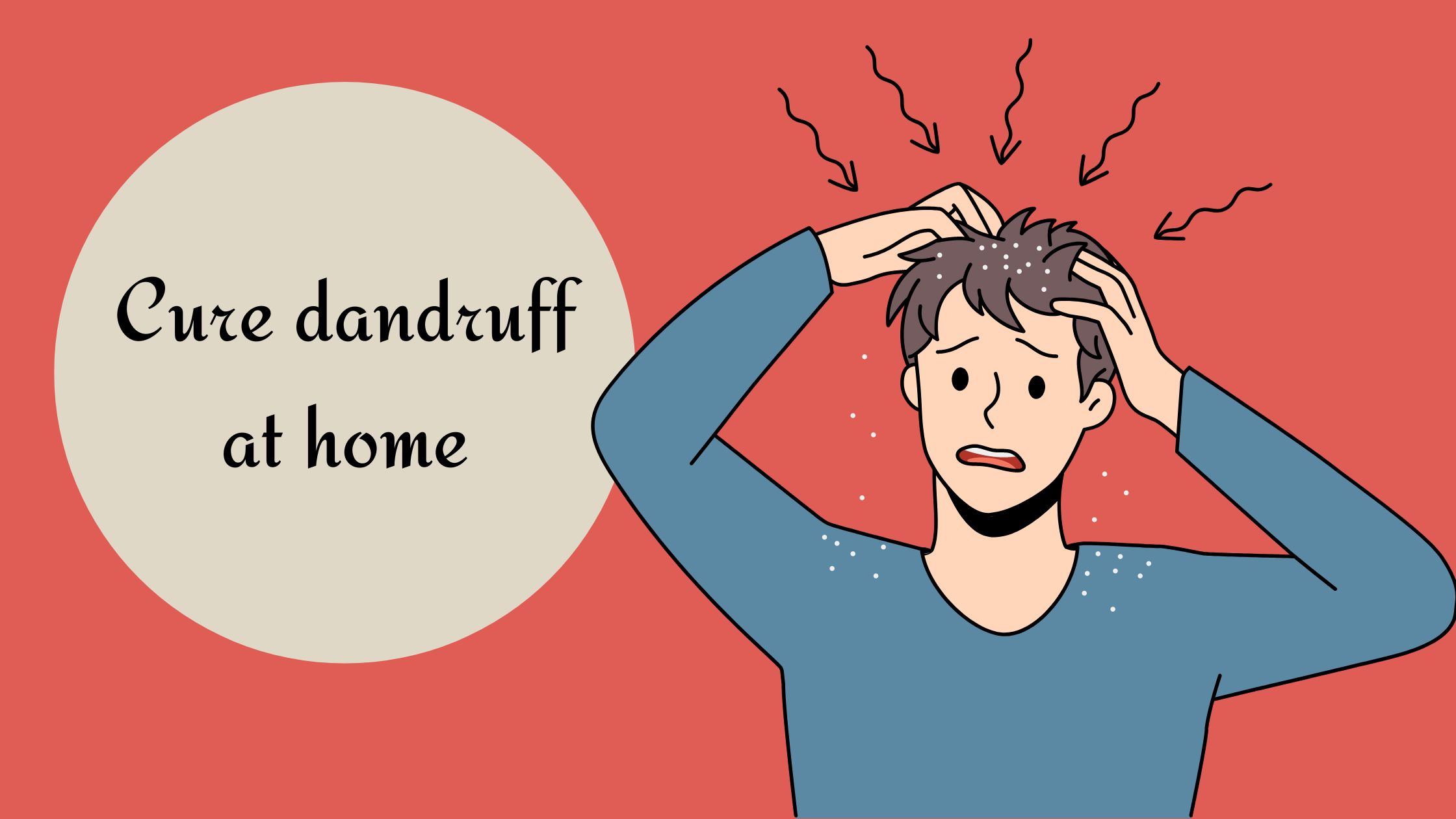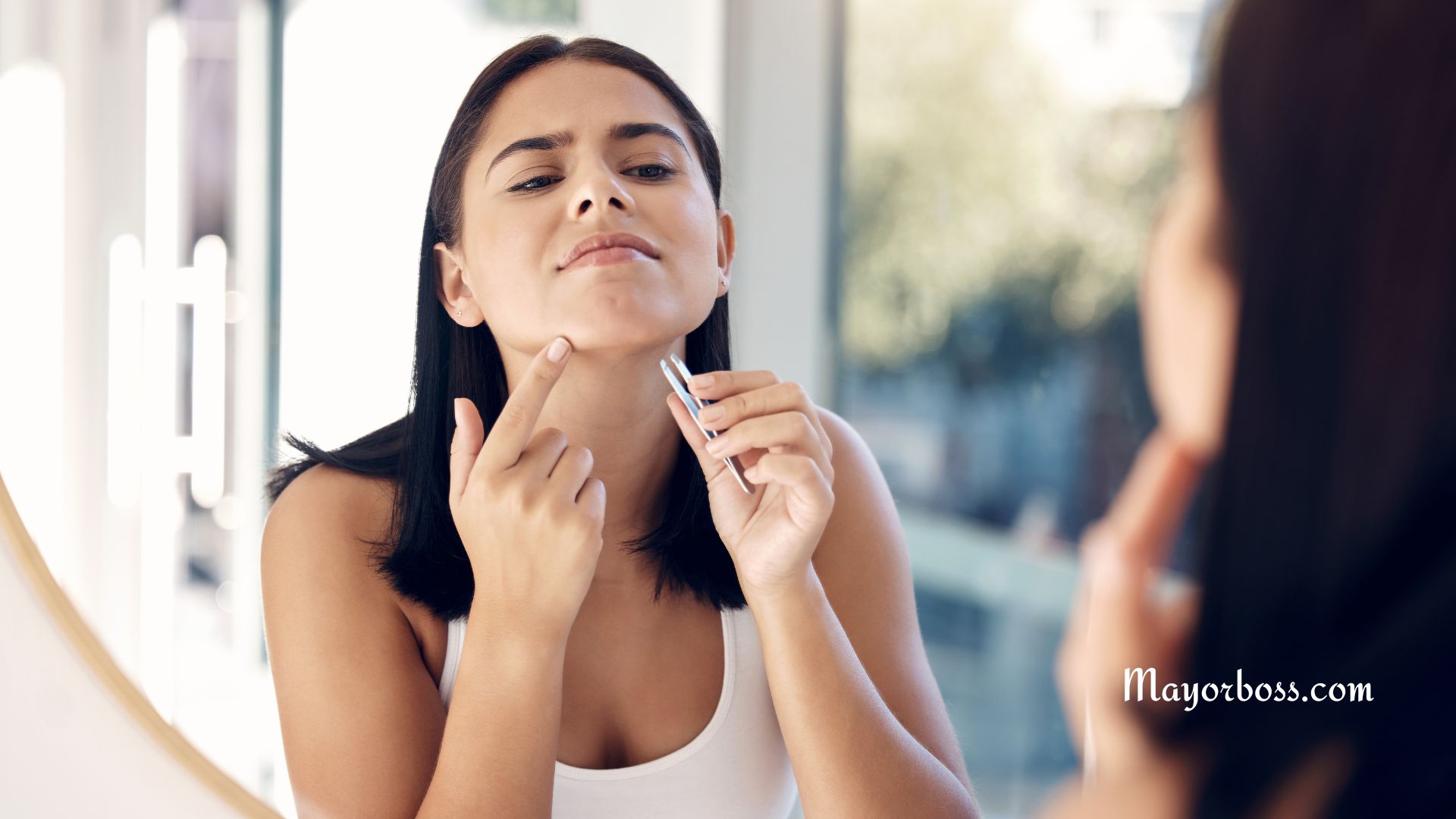Why Your Hair Might Be Turning Gray at a Young Age
If you’ve noticed a silver strand or two in your locks at an age that seems too young for it, you’re likely wondering why. Anyone can start getting gray hair, no matter how old they are. It’s not just something that happens to older people. Here we delve into the various reasons why your hair might be turning gray at a young age.
Genetics
The first place to look for answers is your family tree. According to research, if your parents or grandparents turned gray at a young age, you might have inherited the same hair destiny. Yes, you might wish your genetics blessed you with different hair traits, but genetics plays a significant role in determining when the graying process begins.
Chronic stress
Beyond your genes, there are external factors at play. One major contributor is chronic stress. You may have heard the phrase “stress can turn your hair gray,” and science has shown there’s truth to this. High-stress levels have been linked to premature graying due to the effects on the body’s hormones and inflammation responses.
If you’re dealing with chronic stress, it could be accelerating your graying process. What you can do in this case is seek ways to manage your stress — regular exercise, adequate sleep, and a healthy diet can help reduce the overall stress levels.
Health Conditions
Various health conditions can contribute to premature graying. These include certain autoimmune diseases, where the body’s immune system mistakenly attacks the pigment-producing cells in the hair follicles. Vitiligo is one such disease that causes patches of hair (and skin) to lose their pigment.
In addition, a deficiency in certain vitamins, like B12 and B9, has been linked to graying hair. It’s important to include in your diet a wide range of foods rich in essential vitamins and minerals.
Lifestyle Factors
There might be lifestyle habits that are contributing to your early graying. Smoking, for example, has been linked to premature hair graying. While the exact reasons are unclear, the harmful chemicals in cigarettes can lead to aging-related changes, including effects on hair color.
A poor diet lacking in key nutrients can also play a role. Your hair needs a balanced diet, rich in vitamins and minerals, for optimal health and color maintenance. Therefore, consider assessing your dietary habits if you notice early graying.
The Hair Cycle
To understand why hair turns gray, it’s useful to understand the hair growth cycle. Hair grows from follicles, which contain pigment cells known as melanocytes. These cells produce melanin, which gives hair its color. As you age, these cells may start producing less color, leading to gray hair.
If someone is graying prematurely, it might be that their hair follicles are aging faster than usual. While this can be influenced by the factors already discussed, some people simply have follicles that age at a faster rate.
Embracing the Gray as A New Trend
Once you go gray, especially at a young age, it won’t be easy to reverse the process. However, there’s a growing trend of young people embracing their gray hair. Instead of seeing it as a sign of aging, it’s being viewed as a unique aspect of personal style.
Conclusion
Turning gray at a young age can seem alarming, but remember, there are various factors, ranging from genetics to lifestyle choices, that influence when your hair loses its color. While some of these factors are out of your control, there are steps you can take to potentially slow the process. And remember, gray hair can be a statement in itself — so if you’re going gray young, why not embrace it?
Further Reading: 5 Early Signs of Aging

